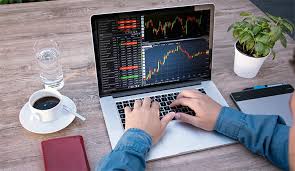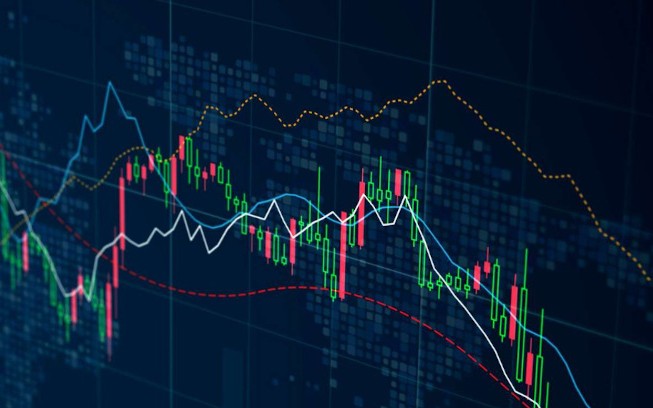
Mastering Forex Paper Trading: A Path to Success
Forex paper trading offers a unique opportunity for both novice and experienced traders to develop their skills in a risk-free environment. By simulating real trading conditions without the use of real money, traders can understand the dynamics of the forex market and refine their strategies before committing to live trades. To help you in your journey, one of the forex paper trading Best UAE Brokers can provide valuable insights and tools tailored for your needs.
What is Forex Paper Trading?
Forex paper trading is essentially simulated trading in the foreign exchange market. Traders use a demo account provided by most forex brokers to execute trades based on real-time market data without any financial risk. This practice allows traders to gain experience, test their strategies, and understand market behavior.
Why Use a Paper Trading Account?
There are several compelling reasons to consider paper trading, especially for those who are just starting out. Here are a few benefits:

- Risk-Free Environment: You can test your trading strategies without any financial repercussions, which allows for mistakes without the risk of losing real money.
- Strategy Development: Paper trading allows you to experiment with different trading strategies to find what works best for you.
- Emotional Control: Trading is often influenced by emotional factors. With paper trading, you can learn to manage these emotions without any monetary stakes involved.
- Familiarity with Trading Platforms: It helps traders to become proficient in using various trading platforms and tools since they can practice without the pressure of real trading.
How to Start with Forex Paper Trading
Starting with forex paper trading is simple. Follow these steps to get started:
- Choose a Broker: Select a reliable forex broker that provides a demo trading account. It’s vital to select a broker that suits your needs and offers a user-friendly platform.
- Create a Demo Account: Sign up for a demo account which usually requires minimal information. Most brokers will give you virtual funds to start trading.
- Explore the Trading Platform: Familiarize yourself with the broker’s trading platform. Learn about the tools and features available to you.
- Develop a Trading Strategy: Before you start trading, formulate a plan. Determine your trading goals, risk tolerance, and strategies.
- Start Trading: Begin executing trades based on your strategy. Monitor your performance and keep records to analyze later.
Best Practices for Forex Paper Trading
While forex paper trading is risk-free, it’s essential to treat it as seriously as you would if you were trading with real money. Here are some best practices:
- Treat It Like Real Trading: Approach your paper trades with the same mindset and discipline you would apply when trading live.
- Track Your Progress: Maintain a trading journal to keep track of your trades, strategies, and emotional states during the trades.
- Set Realistic Goals: Set achievable targets and goals. This can help prepare you for real trading conditions.
- Evaluate Performance: Review your trading performance regularly. Identify what strategies work, what doesn’t, and how you can improve.
Transitioning to Live Trading

Once you feel comfortable with your paper trading results, you may consider transitioning to live trading. It’s essential to approach this shift with caution:
- Start Small: Begin with a smaller investment to mitigate initial risks. As you gain more confidence, you can increase your trading size.
- Maintain Discipline: Stick to the same strategies and discipline you applied during paper trading. Avoid letting emotions drive your decisions.
- Continuously Learn: The market is dynamic; keep up with market trends, economic news, and updates to tweak your strategies accordingly.
Choosing the Right Forex Broker
Selecting a forex broker is a critical decision that can significantly influence your trading success, whether in paper or live trading. Key factors to consider include:
- Regulation: Ensure that the broker is regulated by a reputable authority. This adds an extra layer of security.
- Trading Platform: Look for an intuitive platform with the necessary features for your trading style.
- Customer Support: Good customer service can be invaluable, especially for beginners who may have many questions.
- Educational Resources: Many brokers offer educational materials, webinars, and market analysis to help traders improve their skills.
Conclusion
Forex paper trading is a valuable tool in a trader’s arsenal. By practicing in a simulated environment, traders can better prepare themselves for live trading situations, refine their strategies, and develop the discipline necessary for success. By following the outlined steps and best practices, you can make the most of your paper trading experience and set a solid foundation for your trading career. Remember to choose the right broker to help guide your journey effectively.

